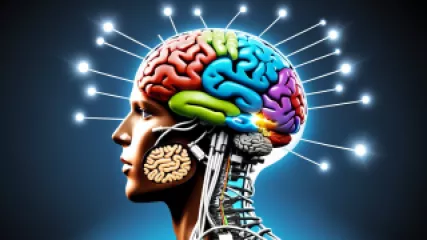Unlocking the Secrets of Healthy Relationships: An Interview with Relationship Counselor
1 year ago
Relationship Health
Addressing Eco-Anxiety through Environmental Psychology
1 year ago
Environmental Psychology
Ultimate Guide to Overcoming Insecurity
1 year ago
Overcoming Insecurity
Lessons from 'Marriage Story' for Divorce Counseling
1 year ago
Divorce Counseling
My Personal Journey with Emotional Regulation as an Adult
1 year ago
Emotional Regulation in Adults
Exploring Mutual Understanding: An Interview with a Relationship Expert
1 year ago
Building Healthy Relationships
What Are The Best Therapies For Overcoming Sadness?
1 year ago
Overcoming Sadness
The Art of Apologizing: A Mental Health Perspective
1 year ago
Art of Apology
Optimism and Its Impact on Health: A Research Summary
1 year ago
Optimism and Health
10 Best Tips to Manage Stress and Anxiety
1 year ago
Stress vs Anxiety
The Power of Positive Reinforcement: Why It's Essential for Personal Growth
1 year ago
Positive Reinforcement
What Are the Best Elderly Care Options for Aging Parents?
1 year ago
Aging Parents
Exploring the Diversity of Sexual Orientation: A Research Summary
1 year ago
Sexual Orientation
My Personal Journey to Overcome Sadness
1 year ago
Overcoming Sadness
How Self-Expression Therapy Helps People Communicate Feelings Effectively
1 year ago
Expressing Feelings Effectively














